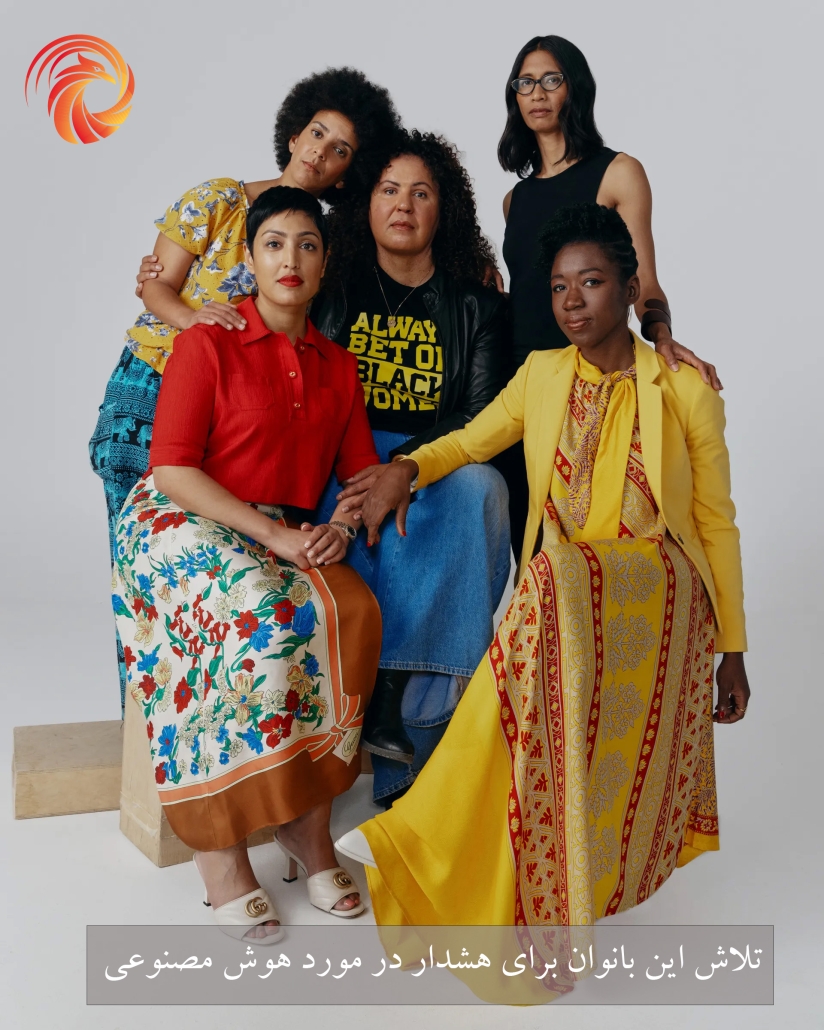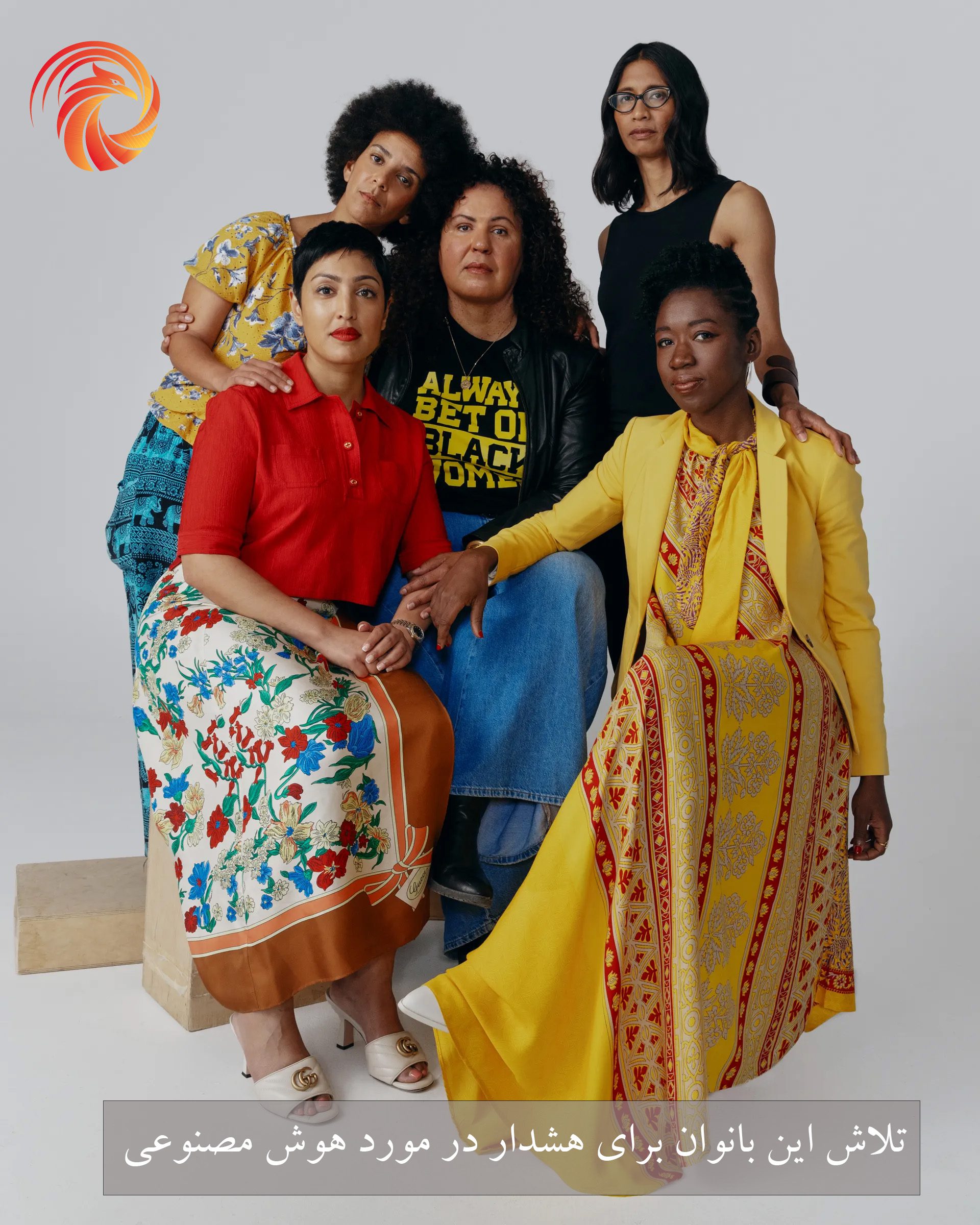
AI researcher Timnit Gebru’s exploration into artificial intelligence (AI) wasn’t planned. Originating from an electrical engineering background, Gebru’s interest in AI was sparked by her realization of the inherent biases in its development. “There were no Black people,” she recalls on her early encounters with the predominantly white male AI community, underlining a significant diversity issue in AI development.
During her time at Google, Gebru co-led the Ethical AI group, part of the Responsible AI initiative. Her research on large language models (LLMs) revealed how they could reinforce societal prejudices due to the skewed representations in their training data. These AI models, powered by data from platforms like Wikipedia, Twitter, and Reddit, were found to reflect stereotypes and biases, thus leading to potentially harmful implications.
However, Gebru’s warnings fell on deaf ears. She was eventually fired from Google after a disagreement over her research paper’s publication. This incident sparked a broader conversation about AI’s ethical concerns and the need for greater transparency and accountability.
As AI continues to permeate everyday life, its potential for harm becomes more evident. From automated hiring processes to predictive policing, biased AI can have real-world impacts, particularly for marginalized communities. Researchers like Gebru, Joy Buolamwini, Safiya Noble, and Rumman Chowdhury have been advocating for increased scrutiny and regulation of AI to prevent these adverse effects.
The recent rise of ‘AI Doomers’ – industry insiders warning of AI’s potential existential threats – further highlights the urgency of addressing AI’s ethical issues. However, these warnings often overlook the current harms caused by AI’s biases. As AI continues to evolve, it’s crucial to consider diverse perspectives and ensure that these technologies are developed and used responsibly.
In conclusion, the voices of women of color like Gebru, Buolamwini, Noble, and Chowdhury are critical in the AI discussion. Their insights shed light on the current and potential harms of AI, emphasizing the need for more diverse representation in AI development and stricter regulations to mitigate its risks. It’s high time we listened to them.
Timnit Gebru’s research highlighted the potential for bias in AI, particularly in large language models (LLMs) like GPT-2. Her research showed that these models, trained on data from sources like Wikipedia, Twitter, and Reddit, could reflect societal prejudices. For instance, a California study found that GPT-2 completed prompts with clear gender and racial biases. Despite Gebru’s warnings about these issues, her concerns were dismissed, and she was eventually fired from Google. Her dismissal sparked a much-needed conversation about the ethical considerations in AI.
Joy Buolamwini, another prominent AI researcher, came across AI’s potential for bias when working on a facial recognition project. She found that the technology often failed to recognize her dark-skinned face. Her research showed that these systems frequently misclassified darker-skinned females due to a lack of diversity in the training data. These biases can have real-world implications, as facial recognition technology is increasingly used in areas like hiring, loan evaluations, and even policing.
Safiya Noble’s book, “Algorithms of Oppression: How Search Engines Reinforce Racism,” delves into how biases against women of color are embedded in algorithms. She has been critical of tech companies’ approach to AI and ethics, pointing out how their actions often don’t match their rhetoric.
Rumman Chowdhury, who led Twitter’s Machine Learning Ethics, Transparency, and Accountability (META) team, has been a strong advocate for transparency in AI. She believes that codes can be analyzed by outsiders, dispelling the myth of AI as an unknowable entity. She also founded Humane Intelligence, a nonprofit that uses crowdsourcing to uncover issues in AI systems.
Seeta Peña Gangadharan, a London School of Economics professor, is concerned about how AI and its derivates could marginalize certain communities. She argues that an over-reliance on technical systems can have profound impacts, particularly for those trying to access essential services like housing, jobs, or loans.
These women’s work underscores the urgent need for more diverse representation in AI and stricter regulations to prevent potential harm. As AI continues to evolve and permeate our daily lives, these concerns become increasingly crucial. It’s time we pay more attention to these voices and take action to address the issues they’re raising.


